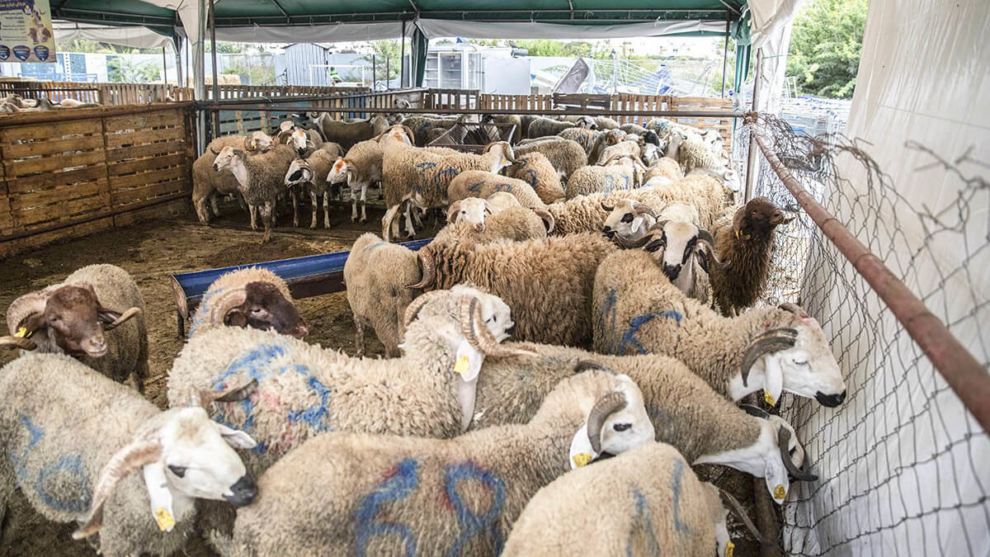Morocco has witnessed a fivefold increase in its live animal imports, driven by the impact of drought and international pressures.
Morocco’s importation of live animals intended for consumption has surged fivefold since the start of the year, as the nation seeks to stabilize meat prices and ensure a steady supply in preparation for Eid al-Adha, the annual festival of sacrifice, Morocco state media reported today.
Data from the Exchange Office, which tracks Morocco’s foreign trade indicators, reveals that the import bill for live animals surged to 1.58 billion Moroccan dirhams ($155 million) in the first seven months of this year, compared to 311 million dirhams ($30 million) during the same period last year. This staggering increase amounts to approximately 1.27 billion dirhams ($124 million).
In the first seven months of 2022, Morocco imported 5.35 tons of live animals for consumption. This number skyrocketed to over [insert quantity] tons this year, marking a sevenfold increase.
The dramatic rise in Morocco’s spending on live animal imports is a direct response to soaring meat prices, which have reached record highs. To combat this issue, the government has implemented several incentive measures to encourage the import of sheep and cattle for slaughter.
The factors contributing to the surge in meat prices in Morocco include the lingering effects of the COVID-19 pandemic on domestic livestock, a two-year drought affecting pasturelands, and international inflation causing a spike in agricultural input costs, particularly animal feed.
These incentives encompass the elimination of customs duties and value-added tax to stimulate sheep imports, along with the provision of direct financial support to importers, estimated at 500 dirhams ($50) for each imported animal.
Regarding cattle imports, the government has also abolished customs duties and value-added tax to bolster the supply of cows intended for slaughter, particularly from Europe and Latin America.
The importation of live animals to stabilize meat prices demonstrates Morocco’s commitment to ensuring that its citizens can celebrate Eid al-Adha with an ample supply of affordable meat, despite the challenging circumstances brought about by drought and global economic pressures.
Source : MOROCCOWORLDNEWS

















Add Comment